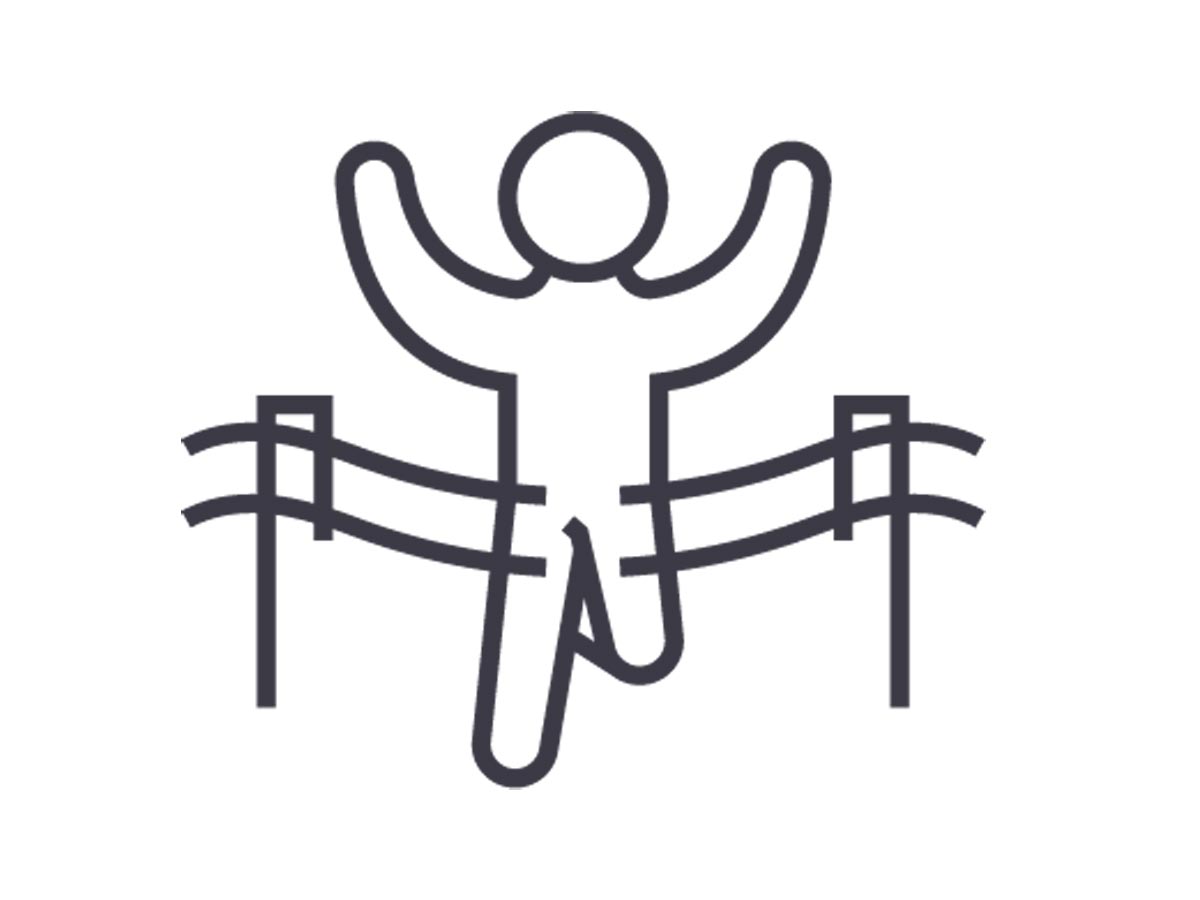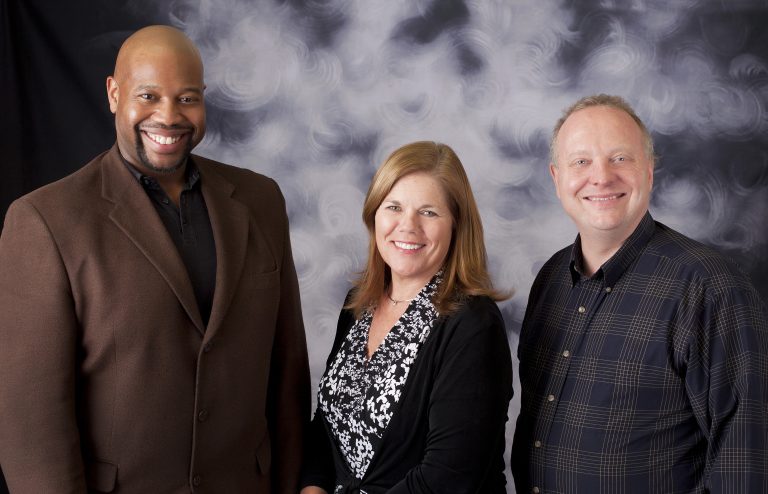Blog

By: Eric L. King, MA., MEd., LPC
Stop me if you’ve heard this one. Chance the dog wakes up every morning, sits on his front porch waiting for a little red Corvette to speed down his street. When the Corvette passes his house, he takes off running after the car as fast as he can. After chasing the Corvette a few blocks, Chance gives up and heads back home. One morning, much to Chance’s surprise, he caught the Corvette. With the car’s rear bumper in his mouth, he sees his buddy out the corner of his eye. His buddy asks him, “Now that you caught it, what are you going to do with it?” Chance releases the Corvette, looks at his buddy and says, “Chase a Prius. I hear they’re easier to bury in the backyard.”

Establishing past, future, and present ratings help to create actions steps for the client’s treatment plan …
-Eric L. King
I apologize for the cheesy joke but it illustrates my approach to working with a number of my clients. Much like Chance, my clients have a goal, possess the skills to attain their goal but lack the ability to organize their skills into manageable steps in order to achieve said goal.By asking “What are you going to do with it?”, I am asking my client to imagine their goal as “achieved” and to think about how their life would change. This question, more commonly known as The Miracle Question, requires my clients to view their struggles from a solution and strength-based point of view.
The Miracle Question is a major aspect of Solution Focused Therapy (SFT). SFT builds upon the notion that the client has the adaptability, creativity and resilience to overcome obstacles but has lost sight of how to utilize their life skills to productively move beyond their struggles. SFT asserts that a small change in a client’s behavior can lead to far-reaching improvements in the quality of their life. Once a goal is outlined through the use of the miracle question, clients are asked to rate (or scale) how far they have been from achieving their goal, how close to their goal they would like to be in order to feel they’ve made meaningful progress, as well as how close they are to their goal at the time of the initial visit. Establishing past, future, and present ratings help to create actions steps for the client’s treatment plan. Although I have offered a simplified description, SFT is a multifaceted approach that utilizes outcome measures to assess the effectiveness of each counseling session, provides feedback to the client that focuses on their own strengths and resilience as well as asserts that the client is the expert on what’s needed in order to improve their life.
Solution-focused clinicians ask their clients to visualize aspects of their life as if they have achieved their goals and to articulate reasonable steps that can be taken to ensure their goals are achieved. We ask them to change their focus from weakness to their strengths. Lastly, we ask our clients to chase goals as if they are gonna achieve them all.
If you are in need of mental health counseling, please reach out to our associates at Behavioral Health Services of Greater Cleveland at one of our two locations: Rocky River and Medina. Family, individual, and couples counseling are available. Please call (866) 466-9591 ext. 0 for an intake.
Related Posts
Founded in 2008, BHSOGC has delivered professional Psychology Services to the greater Cleveland area with offices in Medina and Rocky River. We are a multi-disciplinary group practice with a clinical staff of psychologists, licensed social workers and masters level therapists.




